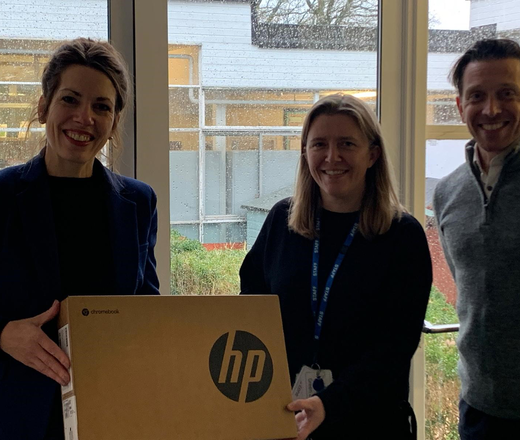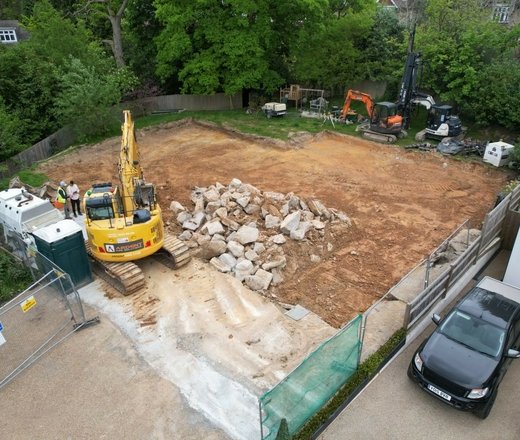The Bank of England has now raised Base Rate three times in the last seven months, with further interest rate rises expected in an attempt to control rising inflation. But what will this mean for the property market? Our Director, Deborah Richards, shares her expertise and looks at the implications for sellers, buyers and property investors.
Interest rates rise in response to inflation
The raising of interest rates is a tried-and-tested response to inflation, the theory being that if people have to spend more of their disposable income servicing their debt, they will have less to spend on more luxury items, so demand will reduce and prices will fall.
The Bank of England’s Monetary Policy Committee is charged with keeping inflation at 2%; last month, inflation was running at 9.1, and is expected to rise further. This explains the decision by the Committee when it last met to increase Base Rate to 1.25%.
How will increases in interest rates affect the property market?
Most certainly property prices will be affected as buyers’ budgets are constricted – if your mortgage payments are higher, then you cannot borrow as much, and accordingly you will have a lower budget to spend. Indeed, Zoopla’s latest House Price Data showed that prices rose by just 0.1% in May, the lowest monthly increase since July 2020 and evidence that prices are cooling.
At Maddisons, we are also seeing this translate into a real sense of urgency to get the deal done. Buyers want to lock into the previous low interest rate before it expires and their payments increase.
Will the property market crash?
We don’t believe so. Banks no longer have to complete a “stress test” on new lending requests; this means that banks will no longer expect lenders to check if they can afford mortgage payments at higher interest rates. But they remain prudent lenders – a very different picture to the run up to the 2008 crash.
Also, rates are still just 1.25% – phenomenally low – and for many borrowers, their monthly mortgage payments are fixed, or at worst rising slightly and being frustratingly a bit more expensive than the month before. To put the interest rate rises in context, a 0.25% increase in interest rates means an extra £9 a month on a £75,000 mortgage on a Standard Variable Rate (SVR), or an extra £31 a month on a £250,000 SVR mortgage.
However, we believe that the key drivers for home buyers are still in effect. People will still change jobs, get married, have children, get divorced, or simply want a bigger garden, off-street parking or that fourth bedroom, and so the property-moving wheels will keep turning.
If you have any questions about selling or letting a property, our property experts would be more than happy to help. You can contact our fabulous Maddison’s Residential team here.
Market your property with Maddisons Residential
For many, the first point in their house moving journey, is to understand the value of their current home. Whether you want a quick, instant, online indication, or a more robust property specific and individual valuation, we would be delighted to help.





